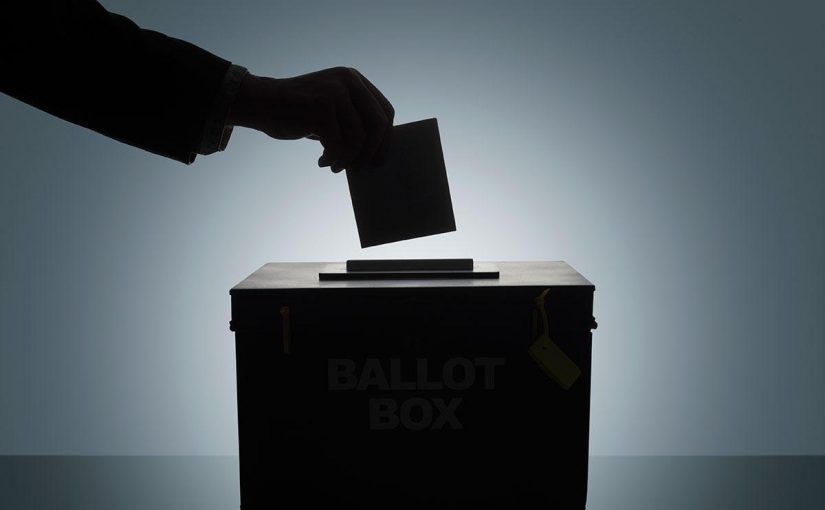Reverting to the old electoral boundaries will affect the credibility of the upcoming general election, an official from the Electoral Resource Centre (ERC) has said.
The country’s electoral management body, Zimbabwe Electoral Commission (ZEC) has been conducting, since June last year, a delimitation exercise, to craft boundaries of constituencies and wards ahead of the polls.
ZEC has up to 28 February to produce a comprehensive report after receiving recommendations from parliament.
If it fails to meet the deadline, it will revert to the old boundaries.
ERC programmes manager Solomon Bobosibunu said such a development would be regrettable.
“I am going to make an example with Epworth constituency with 74 000 registered voters, Harare South with 76 000 registered voters, Goromonzi with 72 000 registered voters, Dangamvurachikanga with 65000 people. Elect just one MP with 75 000 people, then go to Gutu constituency in Masvingo with 14 560 something registered voters and Chikomba with 14000 people elect an equivalent MP and then that same MP has to be given 50 000 of constituency development fund to service 70 000 people and this other MP has to be given the same 50 000 to save 14 000 people, it’s just an unfair, that also affects the credibility of the election,” he said.
He added that citizens would rather deal with the anomalies and shortcomings in the current report and make sure that it is perfect by the 25th of February “so that we are in a position to use them by the latest date of the election which is 25th of August 2023”.
Bobosibunu also criticised ZEC for failing to take on board recommendations from various stakeholders.
“The reason we are seeing this contestation is that we did not comprehensively do certain things prior to this delimitation preliminary report coming out. Number one it is about the stakeholder consultations and the engagements, people believe that part of their views might not been captured in this report and that could actually be the reason why there could be divisions or confrontations and conflicts around this report,” he said.
“In Harare, we know that the local authority proposed that the wards be increased to 55 from 46, ZEC did not take this advice, they took the wards to 45 but the constitution says the local authority is the one that decides how many wards they want and ZEC in its preliminary report does not explain to us why they did not take that proposal in and why they reduced this to 45.
I also remember that Bulawayo proposed an increase of its local authority wards, this did not happen and the local authority in Bulawayo will not support this report because they had an expectation which has not been explained why probably it was not taken on board”.

